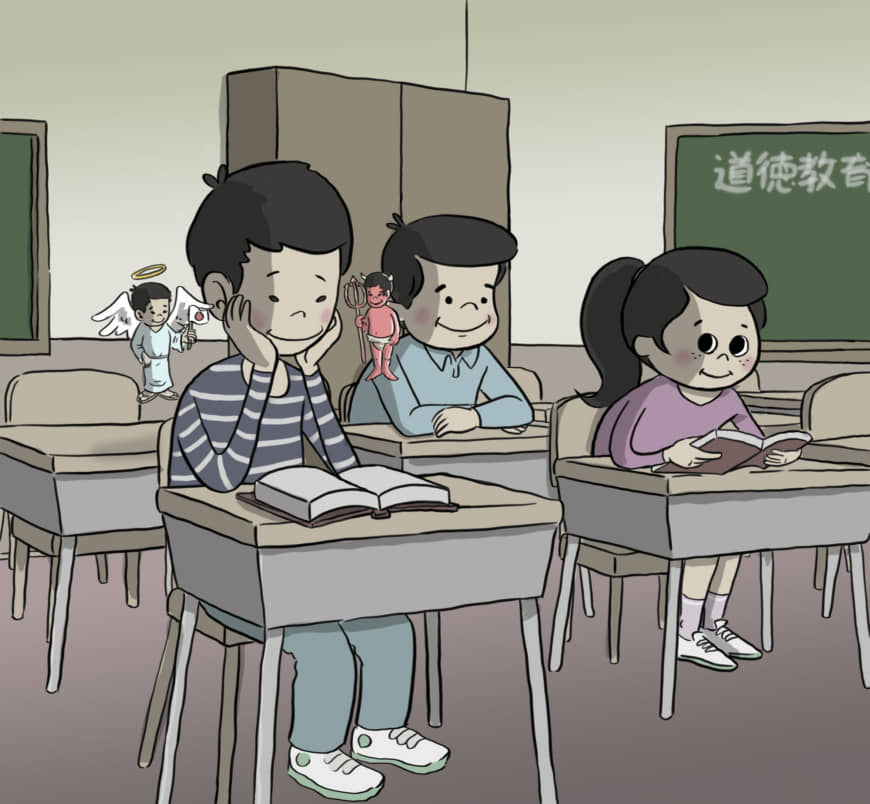Seven lessons from a Japanese morality textbook

In the textbooks for younger children there are discussions of “kimari” (rules) but they are generally close to home — going to bed on time and that sort of thing. At upper-grade levels they mention laws and how breaking them can result in criminal punishments. Why do such laws, or kimari, exist for that matter? Not a lot of time is spent on why particular rules exist, they just do and kids should obey them. They should also obey other less defined norms too, apparently, as is suggested by the inclusion of a quote from the political scientist Sakuzo Yoshino: “Nothing is so troublesome to society as the idea that you can do whatever you want so long as it doesn’t impinge on a provision of the law.”
Source & More:
Leave a Reply to IndoJapanPulse
Please look at footer of website for Disclaimer and Privacy Policy.




